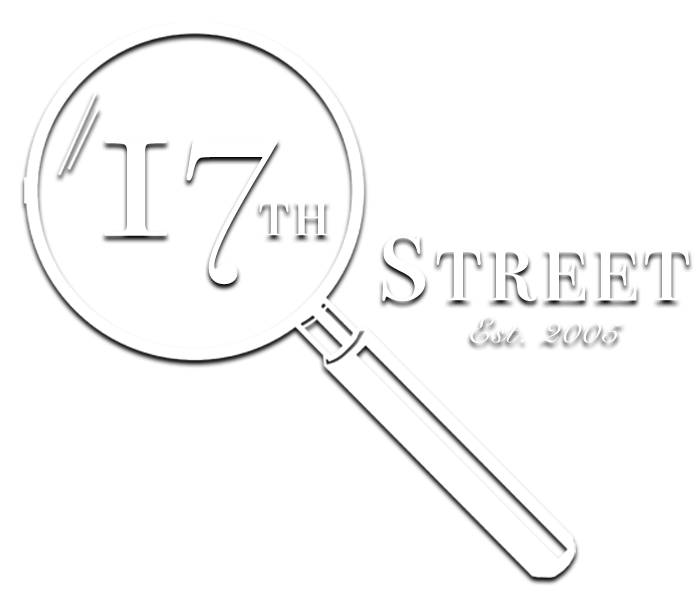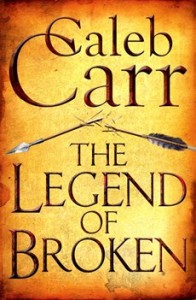With Caleb Carr’s latest novel, The Legend of Broken, released in paperback last month, I thought it might be interesting to take some time away from the Alienist books for the next two blog posts to discuss what was known about psychology during the period in which Broken was set. Coming from a background in psychology, I can attest that almost every history of psychology textbook either ignores or skims over the thousand year period from Rome to the Renaissance with the general argument being that medieval thinking, centered largely in theology, had put an end to scientific enquiry of all kinds, fostered little-to-no interest in matters of philosophy beyond questions directly related to spirituality, and regarded the mentally ill as being possessed by the devil or witchcraft. Although there are certainly elements of truth in these generalisations, to generalise the entire thinking of a people spanning a thousand year time period with such a limited scope does no credit to the scholars who did live during that period. After all, how can medieval theologians such as Saint Barnard and Saint Peter Damien be considered “antiphilosophers” if there were no philosophers during the time period to target?
So, let us take a journey back in time to the year 750 A.D. In doing so, we step into the heart of a period of political and cultural turmoil that would come to be known to history as the Dark Ages, a period generally thought to span the fourth or fifth century A.D. to the eleventh century A.D. On our particular journey, we arrive outside a cave hidden deep in the heart of a forest located at the base of the highest peak of the Harz mountain range in Germany. The sun has not yet risen, the air is still, and inside the cave an old man lies sleeping while his companion, sensing an intruder in their midst, has moved to maintain a silent vigil at the door of their simple dwelling. Looking into the cave past the companion, the glowing embers of a smoldering fire allow us to discern the indistinct shapes of the old man’s most beloved treasures, the items we have come to the cave to find: the collected works of the great minds of antiquity. The large quantity of parchment–some works rolled onto scrolls while others are bound in a rudimentary fashion–rests on a ledge that the old man painstakingly chiseled into one of the cave walls during the years immediately following his exile from the nearby mountaintop kingdom that he once called home; a city known as Broken.
The old man is a scientist, a physician, and above all, a philosopher. He is a rarity in these times, but not altogether unheard of. The old man’s interests span widely, ranging from metallurgy to anatomy to military strategy, but on our journey we are most interested in his knowledge of the mind. Learned though the old man is, the study of the mind as we know it today is foreign to him–indeed, even the term psychology would mean nothing to him, with its predecessor psychologia first coined in 1520–but a fascination with “what animates the bodies and minds of the men and creatures who inhabit [the] world” is certainly not foreign to him. Indeed, looking back at the ledge we see that his collection of works includes volumes by Plato, Plotinus, Aristotle, and Dioscorides, along with Hippocrates, Galen, Praxagoras, Herophilus, and Erasistratus. What did these works by the legendary philosophers and physicians from times gone past allow scholars like the old man to induce about the mind and brain during these ‘Dark Ages’? | Continue reading →

